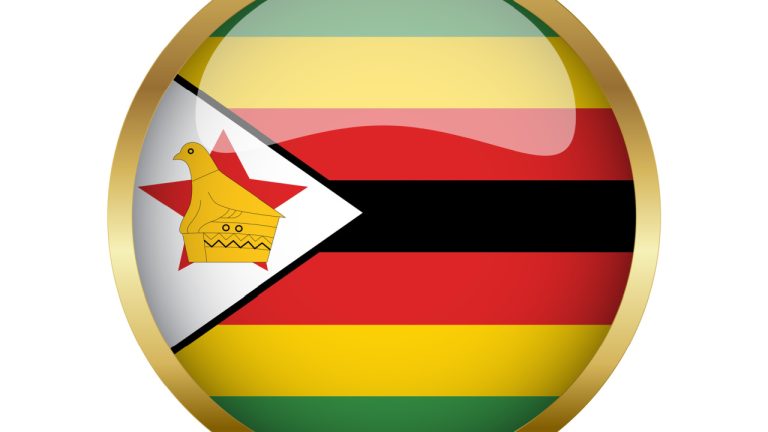
The Zimbabwean central bank recently said it is close to rolling out gold-backed digital tokens “for transactional purposes.” According to the bank’s governor, the gold-backed digital tokens have already proven to be an effective monetary policy instrument. Central bank governor John Mangudya also said the results of a consumer survey had shown that residents had limited knowledge about an envisaged central bank digital currency (CBDC).
An ‘Effective Monetary Policy Instrument’
The Reserve Bank of Zimbabwe (RBZ) has said it is now “at an advanced stage in preparations for the rolling out of GBDT [gold-backed digital tokens] for transactional purposes.” The bank said the rollout would see the gold tokens complement the U.S. dollar “in domestic transactions as retailers will be offered a safer, more convenient, and value-preserving medium of exchange.”
In a recently released mid-term monetary policy statement, RBZ governor John Mangudya revealed that the central bank will soon kickstart awareness campaigns whose objective is to “educate the public on the use and benefits of GBDT.” Mangudya also revealed that key stakeholders such as the Confederation of Zimbabwe Industries (CZI) have pledged to configure their systems to allow for the issuance of cards denominated in the GBDT.
As previously reported by Bitcoin.com News, the RBZ launched the gold-backed tokens in May to counter local residents’ demand for U.S. dollars. However, just a few months after the launch, the central bank governor said the GBDTs have already proved to be an effective monetary policy instrument.
“The GBDTs have since proved to be an effective monetary policy instrument with strong potential to help restore normalcy to the domestic financial and capital markets within the short term,” Mangudya said.
More Than 70% Willing to Use CBDC
The governor claimed that the “divisibility nature” of the digital gold tokens means they can be accessed or acquired by people from all economic backgrounds.
Concerning the uptake of physical gold coins, the RBZ boss revealed that out of the 36,059 coins which had been sold by July 14, only 769 gold coins or approximately 2% of the total had been redeemed following the end of the 180-day vesting period. According to Mangudya, the low redemption rate means residents and businesses are indeed using the physical gold coins as an alternative store of value.
With respect to the RBZ’s central bank digital currency (CBDC), Mangudya said the results of a consumer survey had shown that residents had limited knowledge about the envisaged digital currency. However, some 71.7% of the respondents expressed their willingness to use a CBDC if the central bank introduces it, Mangudya added.
Register your email here to get a weekly update on African news sent to your inbox:
What are your thoughts on this story? Let us know what you think in the comments section below.
Comments
Post a Comment